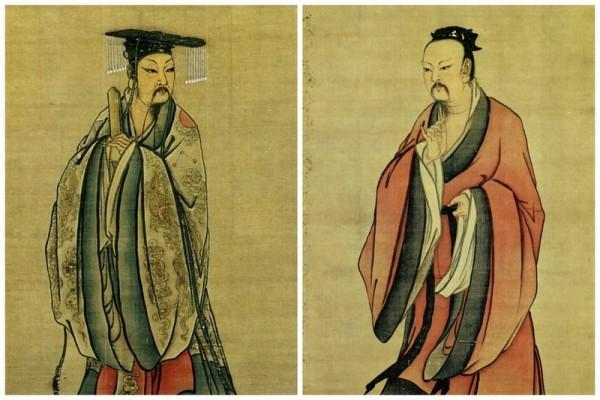This is the third in a series of articles by Epoch Times staff describing the foundations of Chinese civilization, and setting forth the traditional Chinese worldview. The series surveys the course of Chinese history, showing how key figures aided in the creation of China’s divinely inspired culture. This installment introduces the legendary Emperor Yao.
The Birth of Yao
Following the creations of the universe and mankind and the reign of the yellow emperor, classical Chinese legends give prominence to the rulers Yao, Shun, and Yu the Great.Yao was born to a woman named Qing Du, a concubine of Emperor Ku. The “Ji Tomb Annals,” a chronicle of legendary China from the Han Dynasty, records that Qing Du gave birth to Yao after meeting a dragon that showed her an image of her future son. Her pregnancy was unusual as well: Yao spent a full 14 months in the womb before birth.





